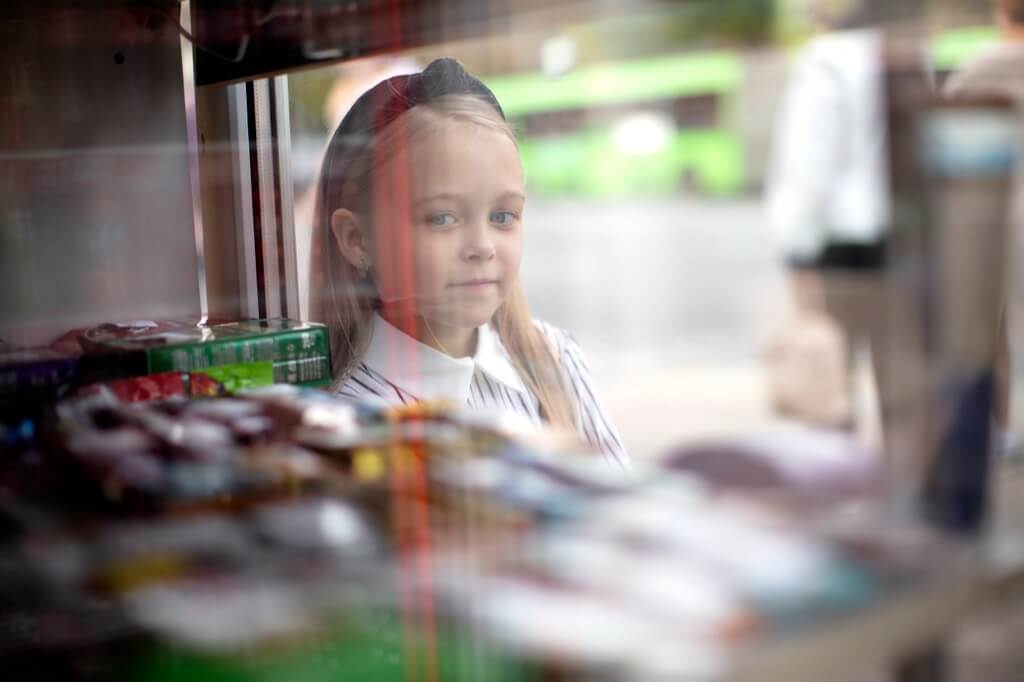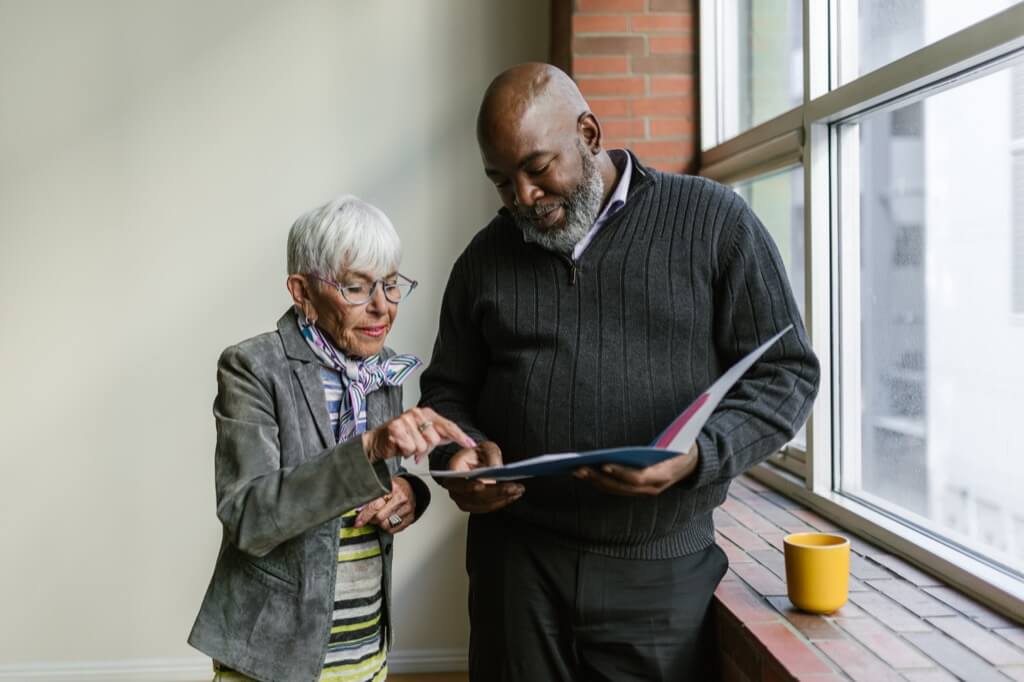In a world where the therapeutic influence of the arts has been celebrated for ages, a recent investigation from South Africa brings forth a compelling revelation: creative writing can genuinely enhance one’s health and well-being. While expressive arts like painting, storytelling, dancing, and music have been extensively studied in the northern hemisphere, the profound benefits of expressive writing remain relatively uncharted territory in the southern hemisphere, creating a significant knowledge gap. However, this newfound research shines a light on the potential of creative writing to promote mental and physical health, particularly in contexts marked by trauma, resource limitations, and the quest for a more compassionate society.
The Life Righting Collective, a dedicated writing group in South Africa, played a central role in this groundbreaking research. Twenty members of this collective became subjects in a study conducted by medical students at the University of Cape Town, as part of a medical humanities study module. Together, they embarked on a journey that would unveil the remarkable impact of creative writing on their lives.
The research team was a fusion of diverse expertise, bringing together mental health experts, medical students, faculty members with a keen interest in medical humanities, and two skilled writers who facilitate life writing courses within the Life Righting Collective. This collaborative effort aimed to uncover the multifaceted effects of creative writing on mental and physical well-being.
The Transformative Power of Creative Writing
The life writing classes offered by the Life Righting Collective have proven to be a catalyst for positive change in participants’ lives. This transformative journey aligns with previous research indicating that creative writing can enhance relationships, mental health, employment opportunities, and healthier decision-making, all while fostering personal growth.
The Life Righting Collective champions the idea that creativity is a natural tool for making sense of life’s intricate events. These writing classes, accommodating anywhere from eighteen to twenty-eight students at a time, promote inclusivity by sponsoring individuals who might not have the financial means to participate. Through innovative, transformative learning techniques rooted in play and creativity, these classes aim to replace negative, stagnant narratives with positive, empowering stories that connect, empathize, and inspire.
Within these writing activities and feedback sessions, skilled facilitators guide participants through the process. With expertise in group dynamics, individual psychology, and the neuroscience of creativity, these facilitators create a safe space where confidentiality is upheld, personal agency is encouraged, and respectful listening prevails. Participants are encouraged to trust their instincts when choosing what to write or discuss, fostering a myriad of storytelling possibilities.
Content Warnings and Supportive Measures
In the pursuit of powerful storytelling, participants are reminded of content warnings before sharing their work. The power of shared experiences becomes evident as individuals connect on deeper levels when hearing stories of resilience in the face of adversity. The group’s facilitator is well-trained to sensitively address any remarks or language that may inadvertently cause division or discomfort.
Many participants in the program reported significant improvements in their writing skills, life competencies, and personal growth. As one participant eloquently expressed it, “She showed me how to narrow my topic, simplify my writing, and make what I want to express more readable. Just general tips on how to do it better, creatively speaking, while still being completely true to yourself.”
For others, the program extended beyond writing skills, as evidenced by a participant who stated, “Writing helped me become a better English speaker… Thanks to the abilities I gained, I am now in a better financial position; for example, I can compete, write reports, and earn whatever little money I receive, so I can make ends meet.”
Participants’ stories reveal deeper self-awareness and a heightened sense of empathy for others. The act of crafting narratives about challenging life experiences hones their abilities to provide constructive criticism and engage effectively in meetings, both socially and academically. These newfound skills extend beyond the writing group, benefiting participants in various aspects of their lives.
The Spiritual Dimension
For some, the writing process transcends the physical and mental realms and touches upon the spiritual. Participants described how their spirits gathered life’s experiences in ways their minds could not, offering profound insights and answers they could record through writing. This spiritual dimension became a unique aspect of their creative journey.
The positive outcomes of the program extended to participants’ physical and mental health. Several reported improved coping mechanisms for mental health issues such as sadness, worry, and sorrow, as well as physical health challenges like arthritis and chronic fatigue. Writing became a therapeutic outlet for processing emotions and navigating life’s complexities.
In the supportive environment of the writing group, participants found a safe space to share stories of traumatic events, including experiences related to rape, apartheid, family challenges, and war. These deeply personal narratives provided a platform for healing and connecting with others who had faced similar hardships.
Testominies of What This Can Do for People
As one participant expressed, “Because I was a child during apartheid, I’ve always carried a heavy burden inside me…” Their writing became a means of unburdening, sharing, and healing from the scars of the past. Another participant shared, “Were my loved ones to assist me in locating a counselor? When the conflict in the DRC caused me to have nightmares and memories, nobody could fathom it; all they could do was express gratitude that I was still alive.”
The program also facilitated healing through loss, as participants found solace in writing about the passing of loved ones. One participant described their experience, saying, “Our eldest son passed away from cancer… A diary, which I dubbed my ‘grief journal,’ was the next thing I did, engaging in emotional processing to overcome loss.”
Many participants reported feeling more powerful and self-assured as a result of their creative writing journey. One participant shared, “Thanks to the confidence I gained in the course, I was able to finally complete a project I had been working on before. One of my struggles is that I am too critical of myself; now I can look at myself quite lovingly.”
For some participants, writing became a spiritual endeavor, allowing them to tap into inner wisdom and record insights that surpassed their logical thinking. As one participant beautifully articulated, “Things in life are gathered by your spirit in a way that your head cannot. Additionally, you can record the answers that your spirit already has for you.”
There is A Need for Affordable Healing
The impact of shared writing in group settings extends beyond individual transformation. It greatly enhances self-care and the care of others, fostering courage and inspiring action. The stories shared within the class bear witness to critical social issues, igniting the spark of change through the power of storytelling.
In a country like South Africa, marked by a history of various traumas, the significance of low-cost, repeatable treatments that restore well-being, self-worth, agency, and community cannot be overstated. Access to care can be significantly expanded for those literate in any language, as non-professionals can acquire facilitation skills to support healing.
The profound benefits observed in the Life Righting Collective’s writing classes advocate for their inclusion in educational curricula, from K-12 to higher education. Moreover, government agencies, non-profit organizations, and community-based initiatives may find immense value in incorporating similar courses. The potential for positive change through creative writing is boundless, offering a transformative pathway to healing, self-discovery, and community connection.
The healing power of creative writing transcends borders and backgrounds, showcasing its potential to inspire resilience, foster empathy, and instigate social change. South Africa’s pioneering research underscores the importance of accessible, affordable healing methods in regions grappling with historical and contemporary challenges. As creative writing continues to enrich the lives of participants, its expansion into education and community-based programs may hold the key to a more compassionate and connected society.




